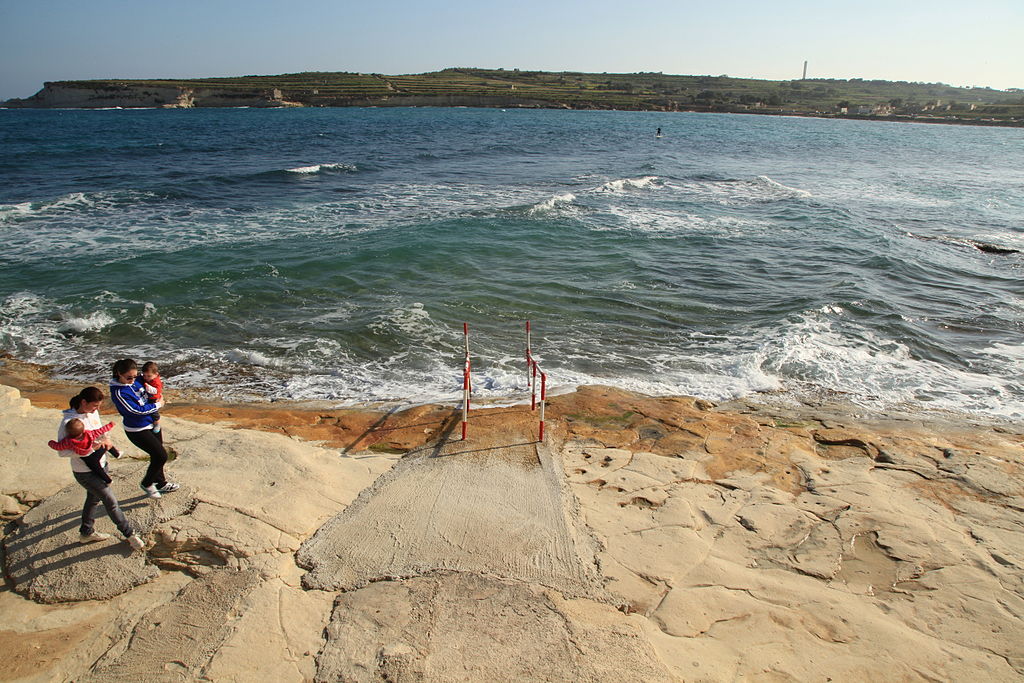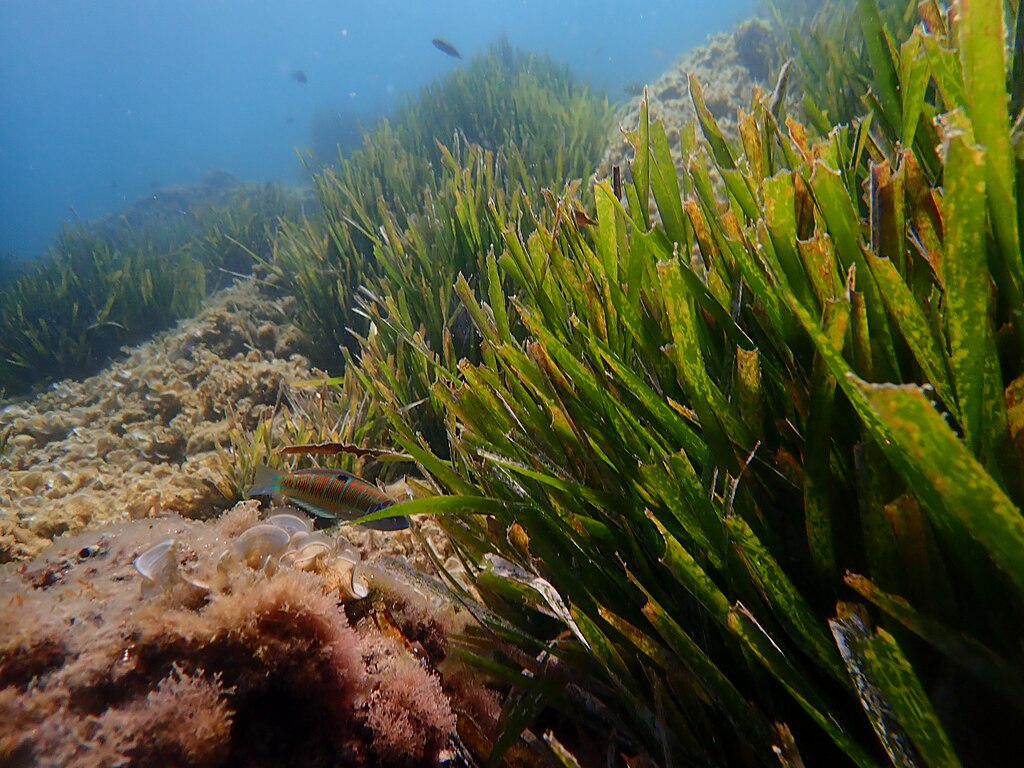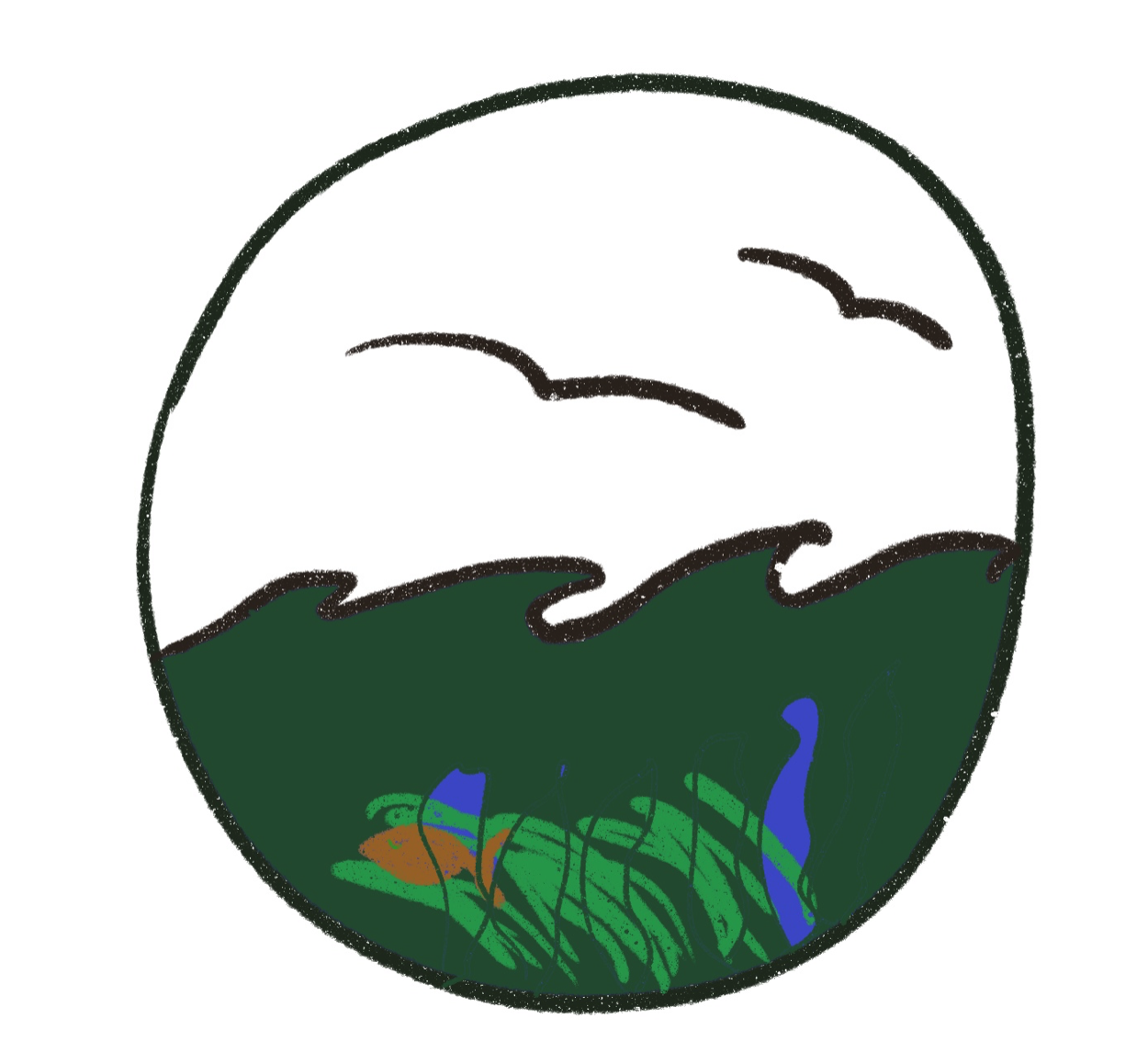Project Description:
Project Poseidon brings NGOs, as well as researchers, refugees and locals together. Citizens will collect and monitor plastic pollution accumulating in the beach wrack of the Posidonia oceanica seagrass, the “lungs of the Mediterranean’’, for the critical ecosystem services it provides.
Project Type: Kick Starter
Theme: Healthy Planet, Seagrass
Mentor: Stefanie Schuerz
Using Citizen Science to protect the “lungs of the Mediterranean’’
Project Poseidon, run by the Malta Chamber of Scientists, Blue EcoTech Ltd and Spark 15, is a citizen science project, funded by IMPETUS to bring researchers, refugees and locals together. The project aimed to empower marginalised individuals to become active in the community by addressing an urgent ecological need and research gap in the Maltese Islands.
During the project, a community of refugees and locals participated in 3 beach cleanups helping the researchers to collect data about the plastic present on seagrass beach wrack and analyse the findings. The aim was to monitor the plastic pollution which accumulates in the Posidonia oceanica seagrass beach wrack in coastal regions around Malta.
Project Poseidon worked towards helping researchers and policy-makers identify how much plastic pollution can be found in the Posidonia banquettes, enabling the further valorisation of this resource and avoiding its disposal into landfills.


The project also pioneered restoration activities of Posidonia oceanica meadows that have been damaged by intense human activity. Through underwater reforestation interventions, we hope to see the dwindling meadows reestablish themselves around the archipelago. This is the first study that collected data on the seagrass beach wrack plastic pollution, it is also the first underwater reforestation attempt conducted in Malta.
The system adopted to re-populate the seagrass meadows was researched and executed by Blue Ecotech Ltd and will be monitored in the coming months to establish if the endeavour has been successful and identify what can be done to improve the Posidonia oceanica’s conservation status.
Finding the perfect site for the reforestation activities proved to be extremely difficult as there seem to be no ‘no-anchor zones’ outside swimming zones, even within protected marine zones around the islands. We are looking into creating such an area to ensure the replanted seagrass is not uprooted by anchors.
The citizen scientists, a group of refugees and locals of all ages, also helped create a public engagement campaign which targeted some 30,000 people during Science in the City, (SitC) Malta’s national arts and science festival held in Valletta at the end of September. Here we exhibited Project Poseidon artworks, collages created by the group using plastic collected during beach clean-ups to portray how marine life is being suffocated by our trash. Blue EcoTech Ltd Marine Biologist Dr Alexia Massa Galluci, discussed the project with SitC visitors who stopped to admire the immersive art pieces, explaining the biology of the Mediterranean seagrass and the importance of protecting this plant for marine life as well as for the planet.
IMPETUS helped by financially supporting these activities, providing training, networking sessions and essential mentorship meetings. The mentorship meetings helped tremendously in overcoming the obstacles we met along the way. Meeting other project leaders during the training will, hopefully, lead to future collaborations with people who work in the same field and are dedicated to making citizen scientists the pivot of future projects.



